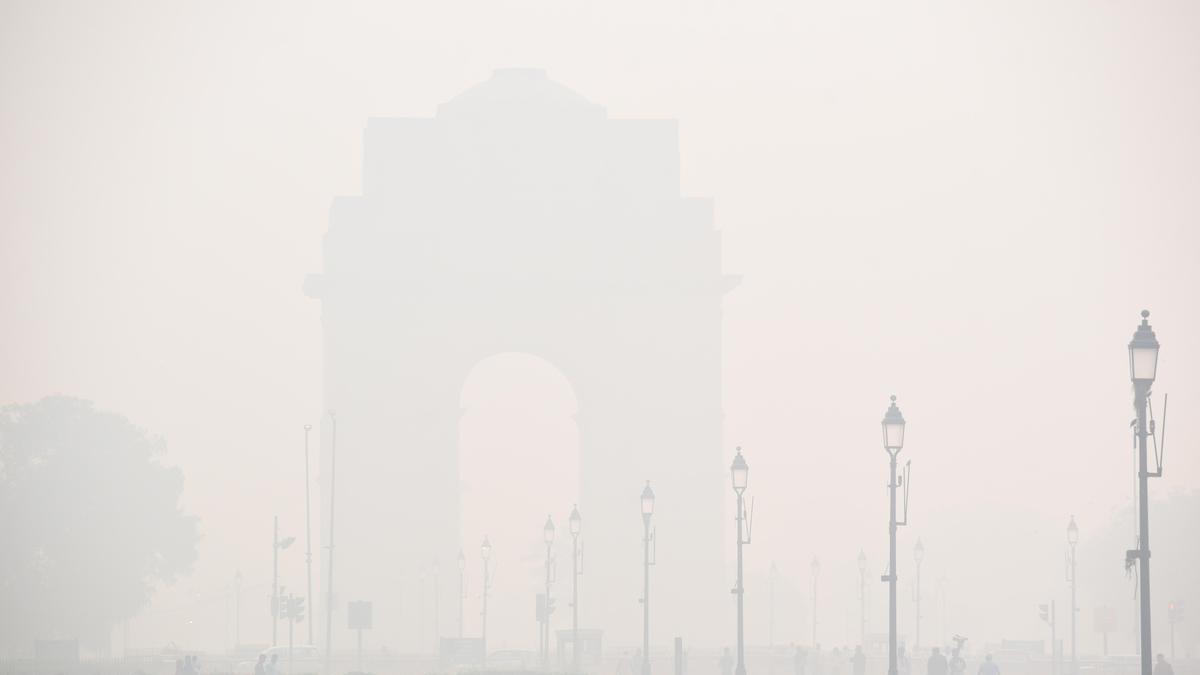Home / Environment / Flawed Environmental Monitoring Erodes India's Credibility
Flawed Environmental Monitoring Erodes India's Credibility
21 Oct
Summary
- Failures in Delhi's air pollution and Lucknow's noise monitoring networks
- Sensors placed in improper locations, leading to underestimation of pollution
- Lack of independent audits and public oversight of monitoring systems

In recent years, India's environmental monitoring systems have faced significant challenges, raising concerns about the credibility of the data used to inform public policies. As of October 2025, two prominent failures have come to light: the issues with Delhi's Real-Time Air Pollution Network and Lucknow's National Ambient Noise Monitoring Network.
Both networks were launched with much fanfare, but their scientific weaknesses have eroded not only public trust but also India's international credibility. Audits and inquiries have revealed flaws in the monitoring networks, with sensors placed under tree cover, behind walls, or in other obstructed locations, leading to the underestimation of pollution levels. In Delhi, the government has even proposed installing sensors in relatively less polluted areas, further distorting the data.
The importance of sound, representative data cannot be overstated. Every action plan for Delhi, whether on stubble burning, vehicular restrictions, or industrial emissions, must be based on robust and scientifically sound data. However, if the data itself is not reliable, the policies and their direction stand compromised. This not only risks India's global commitments, such as the Paris Agreement and World Health Organization (WHO) Air Quality Standards, but also undermines the country's priorities in addressing environmental challenges.
The situation in Lucknow is no different, with the noise monitoring network failing to capture accurate decibel levels from the outset. India continues to rely on outdated noise pollution regulations, with decibel limits falling short of WHO guidelines and enforcement remaining weak.
The lack of independent scientific scrutiny and third-party audits of these monitoring systems has further eroded public trust. Without transparent processes and citizen oversight, the data provided by government agencies is often perceived as misleading, favoring inaction and suppressing the voices of citizens demanding protection under the right to health and life.




